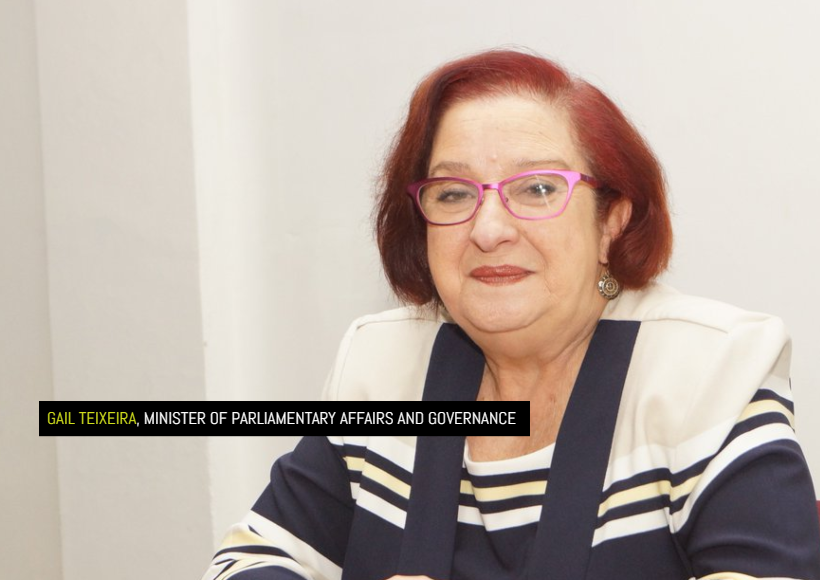The United Nations Human Rights Committee has concluded its evaluation of Guyana’s progress in implementing the International Covenant on Civil and Political Rights, and has highlighted the nation’s commendable strides towards gender equality.
A delegation led by Minister of Parliamentary Affairs and Governance, Gail Teixeira answered several critical questions regarding the country’s efforts for gender equality. According to the delegation’s statement, Guyana has made significant advancements in promoting gender parity across various sectors. Notably, 39 percent of members of Parliament in the country are women, with 12 percent representing indigenous communities. The judiciary also reflects this diversity, with eight female judges and 21 female magistrates serving in key roles. Additionally, women hold leadership positions in various government departments and agencies, indicating a commitment to inclusivity and equal representation.
The government’s investment in women’s training and empowerment has yielded positive outcomes, with 1000 women supported in gaining employment and establishing businesses. Moreover, the majority of participants in teacher training courses are women, further emphasizing the nation’s dedication to fostering gender-inclusive educational opportunities.
Social welfare programs aimed at supporting women, including childcare assistance and day-care services, also underscore Guyana’s commitment to addressing the specific needs of women in society. As a result of these initiatives, Guyana now ranks sixth in the region in terms of gender equality, with significant progress noted in property ownership among women, supported by the state housing program.
Addressing concerns regarding access to justice for female foreigners, the delegation emphasized that foreign women have recourse before the courts, citing several cases where foreign individuals received reparations for grievances. Furthermore, the existence of rights commissions tasked with investigating complaints of abuse from foreigners highlighted Guyana’s commitment to upholding human rights for all individuals within its borders.
Despite these notable achievements however, it was noted that challenges remain, particularly concerning domestic and sexual violence. Nevertheless, the increase in reported cases since 2021 indicates progress in awareness campaigns and training efforts for law enforcement. The establishment of safe houses and support services, including hotlines for reporting gender-based violence, demonstrates Guyana’s proactive approach to addressing these issues.
Remarkably, conviction rates for sexual and gender-based violence cases have surpassed 60 percent in recent years, thanks in part to the establishment of three specialized “sexual offences courts” equipped with counselors and safe chambers for victims to provide testimony. It was noted that Guyana stands as a regional leader in this regard, pioneering efforts to ensure justice and support for survivors of violence.
The committee said Guyana’s commitment to gender equality and human rights was evident through its proactive measures and tangible progress in various sectors. Moreover, the nation’s efforts serve as a model for promoting inclusivity and justice for all its citizens.













